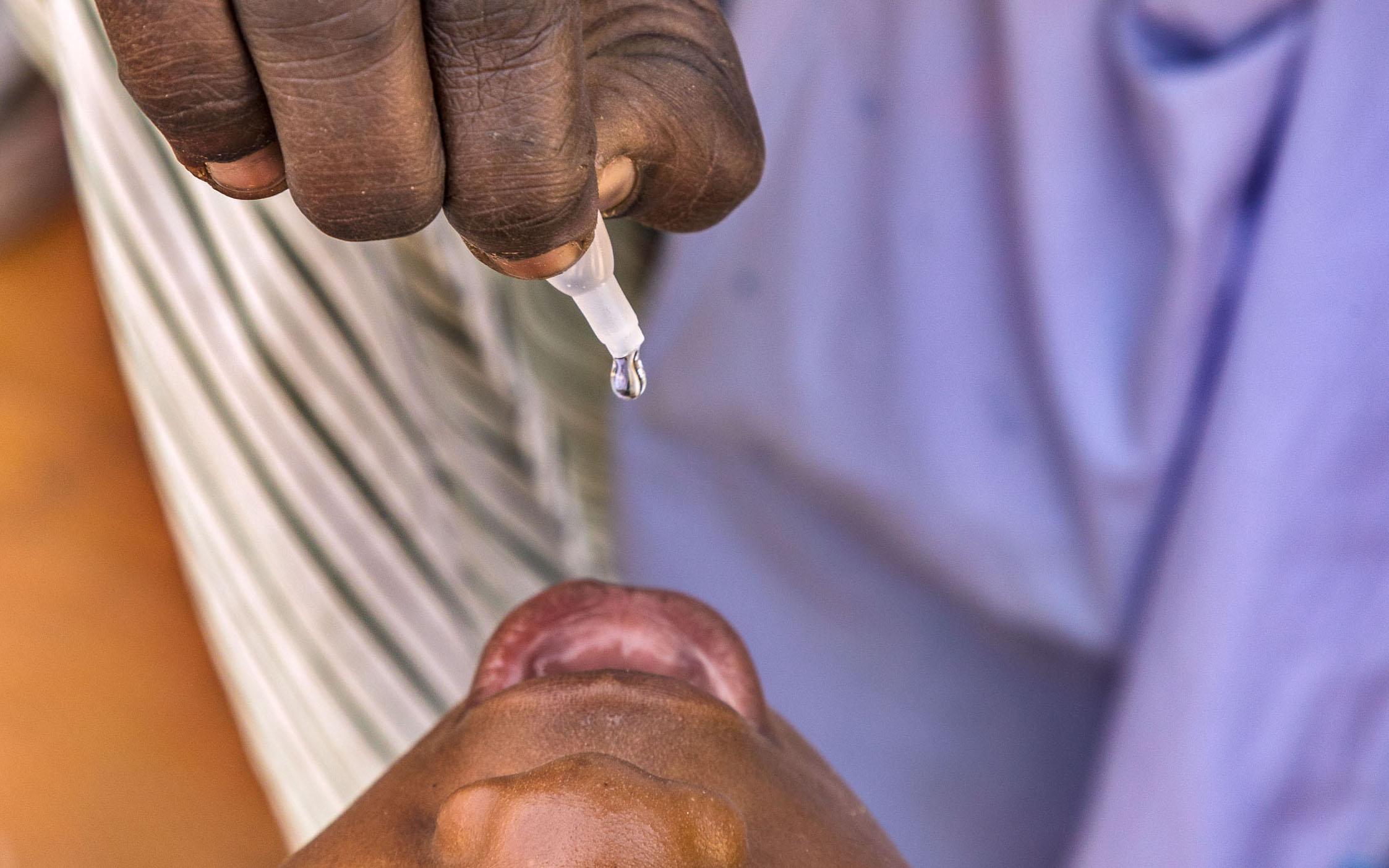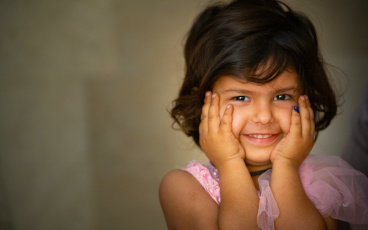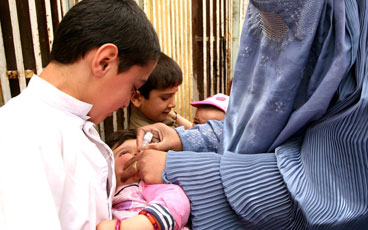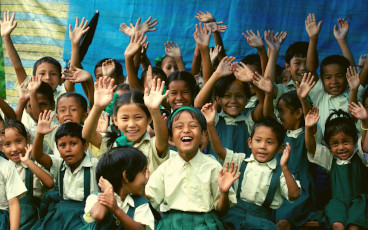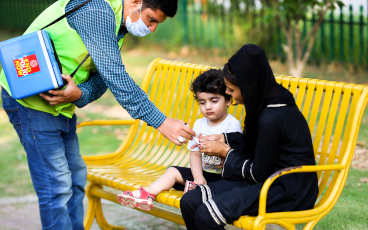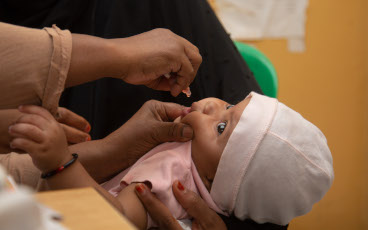Polio exchange
India in exchange of expertise with Pakistan, Afghanistan and Nigeria, sharing hard-earned lessons and knowledge
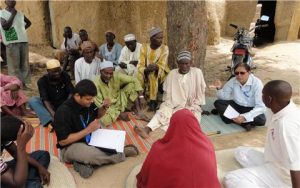
National Supplementary Immunization Team Leader Dr Pankaj Bhatnagar sharing experiences with vaccinators and supervisors in Nigeria.UNICEF/India
When India was officially removed from the list of polio-endemic countries in February 2012, three challenges became clear: the need to maintain extremely high levels of immunity to polio until the virus was eradicated globally, the need to be prepared for any importation and the need to share India’s rich experience in stopping transmission in one of the world’s most persistent and virulent reservoirs of wild polio virus with remaining endemic, re-established transmission and outbreak countries.
For years, India had been the world’s largest exporter of wild polio virus, having exported polio to central Asia, Africa (twice) and regularly to its near neighbours including Bangladesh and Nepal. Those episodes of exportation posed a real threat to the programme – if India’s large travelling population could export polio so regularly, then clearly it could import polio back along those same routes.
The Independent Monitoring Board (IMB) of the Global Polio Eradication Initiative in its January 2012 report put it succinctly: “Ultimately, the children of India will be completely safe from polio only when it is eradicated globally.”
The IMB in its report, called upon the India polio eradication programme to support polio-infected countries through the application of lessons learned: “If India knew 10 years ago what it knows now, it would have been able to stop transmission more quickly,” the report said. “We hope that the programme can now find some energy to assist other countries’ programmes.”
The India programme has embraced this call, sending staff to support remaining endemic countries, hosting visits from neighbouring Governments and from within the polio partnership, and sharing programmatic best practices, including: programme management, methods to maximize coverage during rounds, media advocacy strategies, monitoring and evaluation formats, communication and training materials, and ground-level tools to increase the effectiveness of front-line vaccinators and social mobilizers.
Read the India Communication Update about India’s cooperation and support across operational and communication issues for the remaining endemic countries.


